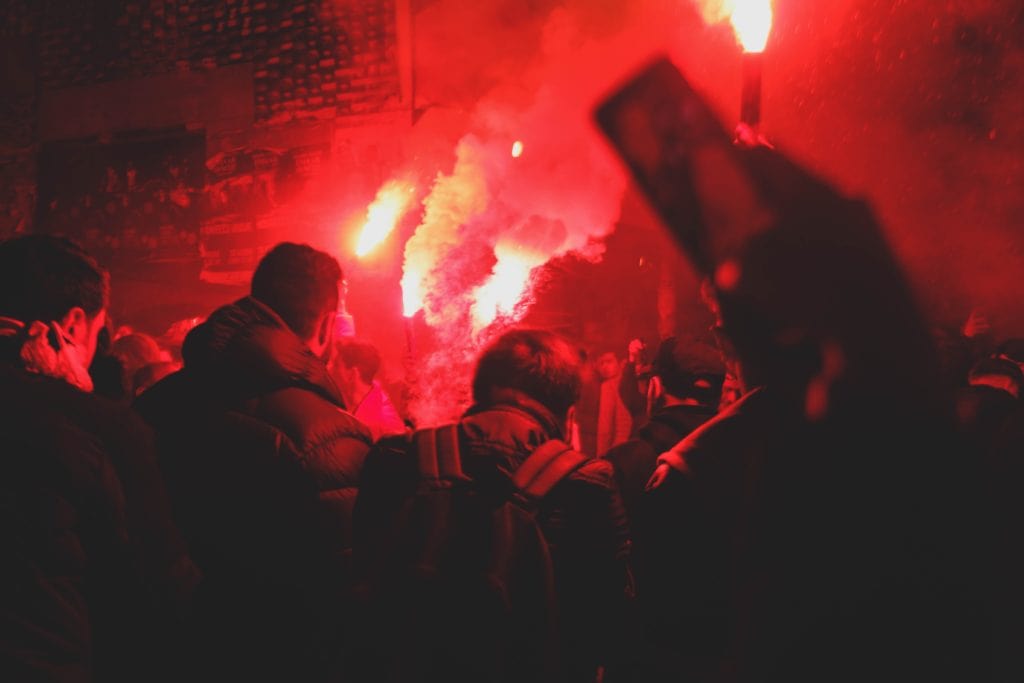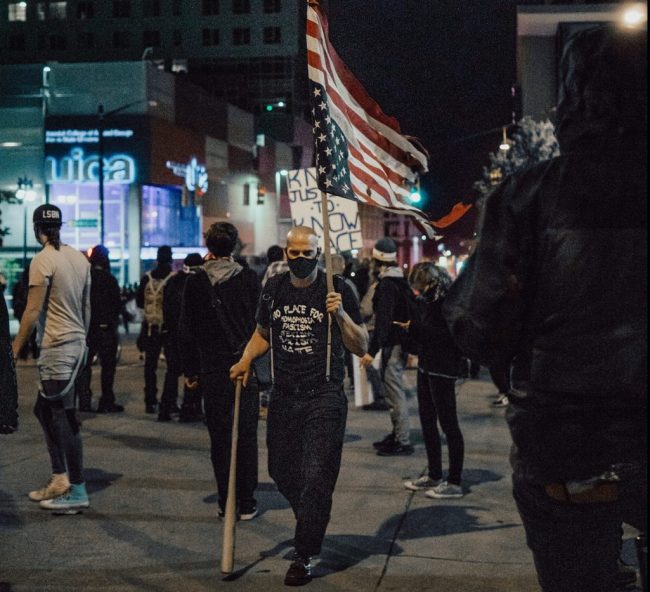
Once a compelling force, the belief in upward mobility – that people can improve their place in society – is faltering across the world.
Income inequality has been worsening over the past few decades.
This becomes clear when we consider that the earnings of the top 10 per cent are an astonishing nine times higher than the earnings of the bottom 10 per cent.
The current public health crises due to the COVID-19 pandemic has only served to further widen the gap.
As millions lost their jobs around the world, the wealth of global billionaires increased by a staggering $3.9 trillion while global workers’ combined earnings fell by $3.7 trillion.
Further, absolute income mobility (that is, the fraction of children who earn more than their parents) has declined drastically over time.
There is growing evidence that many marginalised groups with little or no prospect of economic betterment are becoming frustrated and it is this frustration that has the potential to spill over into antisocial behaviour.
By way of example, the “We are the 99%” movement that led to the ‘Occupy’ protests showed that a powerful sense of economic despair and exclusion from the American Dream was helping to propel protests.

Protests such as #BlackLivesMatter demonstrate a powerful sense of economic despair.
In a recent study, we showed how the prospect of upward mobility itself mitigates antisocial actions by low-income participants towards high-income participants.
In the paper, we used a behavioural and experimental economics lens to study the relationship between inequality, the prospect of upward mobility, and antisocial behaviour.
Perhaps not surprisingly, we found that antisocial behaviour doubles when income mobility is not possible.
Landing on the right side of the divide
Oddly enough, in many countries, those with below-median wealth tend to oppose income redistribution.
The reason seems to be the hope that they or their children will land on the right side of the divide.
Those on the lower rungs of society choose to invest their time and energy in attempting to climb the ladder of success rather than knocking it down.
This is a common narrative of hopeful immigrant families, with dreams of providing a better future for their families, who move to countries such as America and Australia.
It is this belief in the prospect of upward mobility that helps to explain the relatively low support for high tax rates and redistributive public policies in many countries.
However, as citizens become increasingly aware of the limited opportunities for mobility, there is growing evidence that many marginalised groups with little or no prospect of economic betterment are becoming frustrated.

Looting and riots reflect growing disenfranchisement.
Diminishing prospects of upward mobility
In our study, individuals were divided into two groups, high- and low-income. They then participated in a two-stage experiment in which they had an opportunity to earn money and make decisions about whether or not to undertake antisocial activities.
In the first stage of the experiment, they either invest or save their endowments.
But in the second stage, there was an additional option: participants could reduce the earnings of another person at a personal cost.
In some cases, low-income participants had the potential to climb the ladder, becoming a high-income type.
This upward movement was determined by one of two mechanisms: the effort exerted in an experimental task (mirroring hard work), or it was randomly determined (capturing luck).
We found that just the prospect of upward mobility itself makes the low-income participants less likely to direct antisocial behaviour towards the high-income participants.
In the context of our research, this meant that they did not choose to reduce the earnings of high-income participants.
The other interesting finding was that those achieving mobility by means of hard work also were less inclined to invoke antisocial behaviour compared to mobility that occurs through sheer luck.
Providing opportunities
This is really useful to understand as the response to different initiatives to improve the prospect of upward mobility may shape the success or failure of these policies.
For example, policies that provide opportunities for disadvantaged people (such as subsidies or grants for higher education) leading to mobility by hard work or merit may lead to different antisocial reactions as compared to those based on random luck.
Aside from the obvious injustice of income immobility, it also has the potential to create significant economic costs for society.
In particular, the overall average earnings of those in the mobility setting were significantly higher than the average earnings in the setting with immobility.
The question remains, how much longer can we get away with empty promises of a better future for our underserved communities?
We are at an important time in history when not only is inequality at historical highs but so is our denunciation of the systems which perpetuate it.
Understanding how people behave in response to inequality, and in particular to perceptions of the potential for mobility, is thus more important now but it may also be a harbinger of the future.
*This article was co-authored with Assistant Professor Joe Vecci from the University of Gothenburg, Sweden. Completing his PhD at Monash Business School in 2016, his primary research interests are development and behavioural economics, in particular, gender equality, and mental health and wellbeing.


